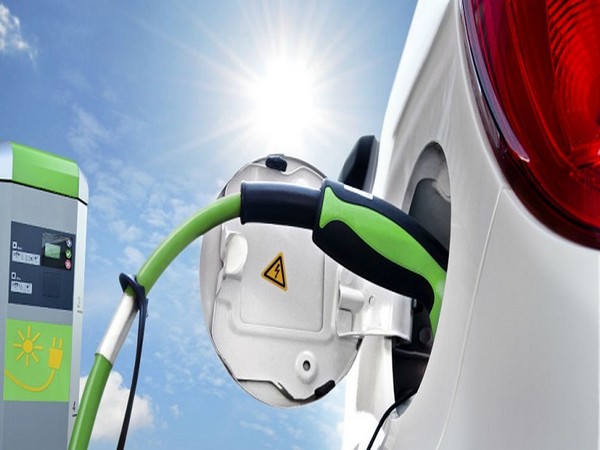Recently US president Joe Biden signed a law, the inflation Reduction Act. It restricts who can receive the US subsidized for the production of electric vehicles and from where these companies can source battery materials. South Korean officials are going to meet the US counterpart to talk about the same where they might be restricted for EV production.

The law requires that EVs be assembled in North America to qualify for tax credits, ending subsidies for several EV models and that a percentage of critical minerals used in batteries come from the United States or an American free-trade partner.
Automakers like Hyundai Motor face a short-term competitive disadvantage over manufacturers of EVs that receive tax credits in the United States, while industry sources said Korean battery makers must make changes to mineral sourcing routes, which could affect cost adversely. South Korean officials are expected to tell counterparts from the U.S. Trade Representative’s office and the U.S. Treasury that the new law may violate trade norms such as the U.S.-South Korea free trade agreement and the WTO agreement, the industry ministry said. Korean automakers will consider adjusting production plans to prioritize the construction of U.S. plants, for example, the ministry said, while battery makers will seek to diversify where they source minerals from.
Battery material source
Under new rules to kick in next year, at least 40% of the monetary value of the critical minerals in batteries will need to come from the United States or an American free-trade partner, with that proportion rising to 80% by 2027. Globally, the treatment of some 58% of lithium, 64% of cobalt, and 70% of graphite goes through China, according to ministry data.
The new rules are a major complication for battery makers LG Energy Solution (LGES), SK On, and Samsung SDI, battery industry sources said. South Korea’s LGES supplies Tesla and General Motors, while SK On and Samsung SDI supply Ford Motor and Volkswagen among others. The three battery makers together command more than a quarter of the global EV battery market, according to SNE Research.
“It’s become a huge headache…. Automaker clients said they didn’t expect this new law would take effect this soon,” said a South Korean battery industry source. A second South Korean battery industry source said the government needed to ask the United States to delay the battery sourcing rule as it was going to take a long time to verify where all the components and minerals came from, let alone make any changes to sourcing.











